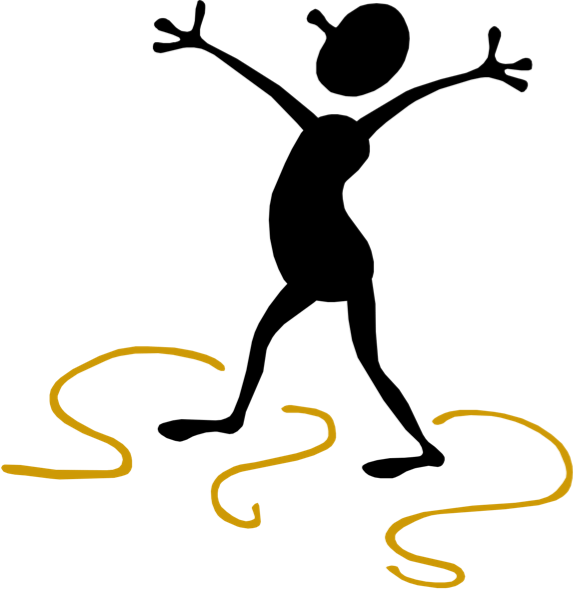Here is a quick and somewhat humorous listing of fourteen different facilitator typologies or “personalities” you might seek to avoid. Our favorite is “The Pretender.”
The “I Can’t Hear You” Guy—
The facilitator refuses to listen, probably because they are too busy analyzing, judging, and processing information.
The Blabber—
The facilitator who loves the sound of his or her own voice, and actually believes they are adding value when speaking about content rather than context.
The Centerpiece—
The facilitator makes him or her the real content of the workshop because, of course, it’s all about them.
The Drill Sergeant—
The facilitator is rigidly stuck on the agenda and puts the clock above quality content.
The Guardian—
The facilitator makes certain that all conversation goes through him or her and not from participant to participant, so as not to lose control.
The Ice Cube—
The distant and aloof facilitator is unwilling to personalize the experience, sometimes becoming accusatory.
The Know-it-all—
The facilitator always has the answer. The know-it-all who can’t say “I don’t know.”
The Marathon Man—
The facilitator piles activities on top of one another, doesn’t allow for breaks, and ignores the need for groups to pause, reflect, and absorb topics and ideas.
The Molasses Man—
The facilitator is painfully slow and doesn’t have an innate feel for pacing, variety, or style.
The Parrot—
The facilitator relentlessly recaps information, restates ideas, and summarizes the obvious (although sometimes justifiable for groups that are challenged to focus and “be here now.”)
The Passenger—
The facilitator lets people talk too long and gives up the reins of facilitation to whoever is speaking at the time.
The Pretender—
The facilitator doesn’t ask real questions but only “pretense questions” that are really designed to give the facilitator an excuse to pontificate.
The Storyteller—
The facilitator tells far too many cutesy stories or “war stories” and never gets deep into the content.
The Tunnel Driver—
The facilitator who keeps doing the same thing or uses the same method hour after hour.
______
Don’t ruin your career by hosting bad meetings. Sign up for a workshop or send this to someone who should. MGRUSH workshops focus on meeting design and practice. Each person practices tools, methods, and activities every day during the week. Therefore, while some call this immersion, we call it the road to building high-value facilitation skills.
Our workshops also provide a superb way to earn up to 40 SEUs from the Scrum Alliance, 40 CDUs from IIBA, 40 Continuous Learning Points (CLPs) based on Federal Acquisition Certification Continuous Professional Learning Requirements using Training and Education activities, 40 Professional Development Units (PDUs) from SAVE International, as well as 4.0 CEUs for other professions. (See workshop and Reference Manual descriptions for details.)
Want a free 10-minute break timer? Sign up for our once-monthly newsletter HERE and receive a timer along with four other of our favorite facilitation tools, free.

Terrence Metz, president of MG RUSH Facilitation Training, was just 22-years-old and working as a Sales Engineer at Honeywell when he recognized a widespread problem—most meetings were ineffective and poorly led, wasting both time and company resources. However, he also observed meetings that worked. What set them apart? A well-prepared leader who structured the session to ensure participants contributed meaningfully and achieved clear outcomes.
Throughout his career, Metz, who earned an MBA from Kellogg (Northwestern University) experienced and also trained in various facilitation techniques. In 2004, he purchased MG RUSH where he shifted his focus toward improving established meeting designs and building a curriculum that would teach others how to lead, facilitate, and structure meetings that drive results. His expertise in training world-class facilitators led to the 2020 publication of Meetings That Get Results: A Guide to Building Better Meetings, a comprehensive resource on effectively building consensus.
Grounded in the principle that “nobody is smarter than everybody,” the book details the why, what, and how of building consensus when making decisions, planning, and solving problems. Along with a Participant’s Guide and supplemental workshops, it supports learning from foundational awareness to professional certification.
Metz’s first book, Change or Die: A Business Process Improvement Manual, tackled the challenges of process optimization. His upcoming book, Catalyst: Facilitating Innovation, focuses on meetings and workshops that don’t simply end when time runs out but conclude with actionable next steps and clear assignments—ensuring progress beyond discussions and ideas.





Reblogged this on THE STRATEGIC LEARNER and commented:
This post nails most of the bad facilitation habits we all engage in to varying degrees …
Ouch … I can see myself in most, if not all of these at various times. Amusing, but painful:) …
Thanks for the re-post John. Happy Holidays.